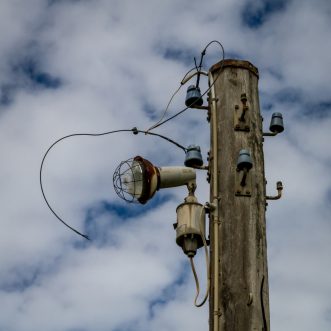November 9, 2022
It may not feel like it, but when a customer complains about your service, they are demonstrating that they care.
If they feel let down, it’s because they feel they have a human relationship with you. One they value highly enough to fight for. What you do in response can make or break that relationship. So you want be doing it on purpose.
That means it pays to make handling complaints part of your Customer Experience Score.
Obviously you can’t predict exactly what might go wrong for a customer, so this is not about predetermining specific solutions to specific problems. Instead it’s a higher-level process that can be applied to any situation.
The process starts by acknowledging the person’s emotions as well as the facts. However unreasonable it may be for the person in front of you to feel what they feel, they still feel it. And while they are feeling, they can’t be thinking. What they need first is to be seen or heard as a human being, to have their anger/distress/disappointment recognised as valid responses to being let down.
This doesn’t mean coming out with the bland ‘I’m sorry you feel that way‘ kind of statement – the kind that’s usually followed by a ‘but’ – ‘but we don’t do refunds‘. I mean genuine sympathy – ‘Gosh yes, I would be hopping mad too!‘, ‘Blimey that must have been sooo frustrating.‘ – the kind of sympathy that enables the complainer to recover enough equanimity to move on. Once you have achieved that, you can acknowledge the facts of what’s happened, without admitting liability.
The next stage is to find out what will make the complainer happy again. What will repair, or even strengthen your relationship with them. You need to be able to offer a solution that is right for both of you. That means collaboration between you. That starts by asking them ‘What could we do to make this right for you?‘, then continuing to explore what they would feel is reasonable, without committing to anything at this stage. Bear in mind knock-on effects of the service failure – perhaps something else was damaged as a result, or they had to take time off work to come and see you. Also bear in mind what is affordable for you. It’s worth understanding the lifetime value of a customer, as well as the value of this particular transaction.
By the end of this stage, you have a pretty good idea of what would restore your customer’s faith in the relationship.
Now top it. Offer a solution that will exceed their expectations, without breaking the bank. This often involves addressing the collateral damage – for example if a pan breaks in normal use, you’d expect to replace it, if in breaking the contents spoilt a tablecloth, you could offer to replace that too. If they travelled out of their way by public transport to make a complaint, you could send them home in a cab. It’s this kind of thing that tips a complainer into an advocate for your business. Remember, they are complaining because they care.
Finally, deliver on the promise, without hesitation.
This process only works when the people running it fully understand the profit margins and lifetime values for your business.
Make sure they know it, and you can let them be creative in coming up with solutions, no matter what the complaint.
Discipline makes Daring possible.









